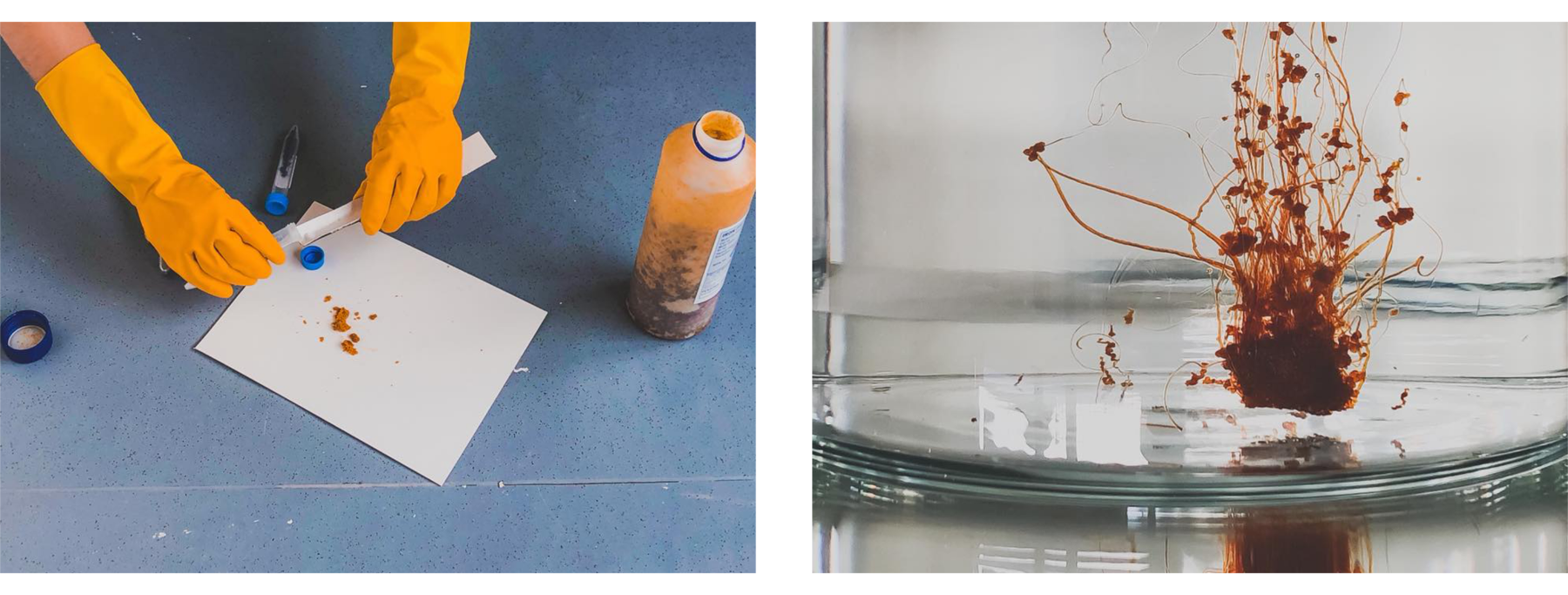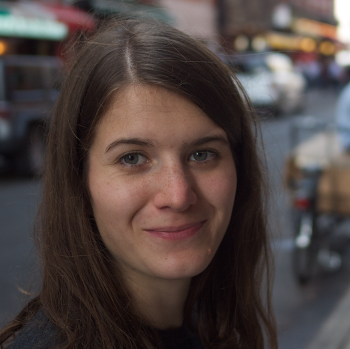We recently had the chance to be a part of the London Design Festival, by contributing to the “Biodesign Here Now” exhibition at the [OpenCell] (http://opencell.webflow.io/) campus in Shepherd’s Bush. We installed our exhibition “See the invisible”, which we already had on display in Villach last Christmas.
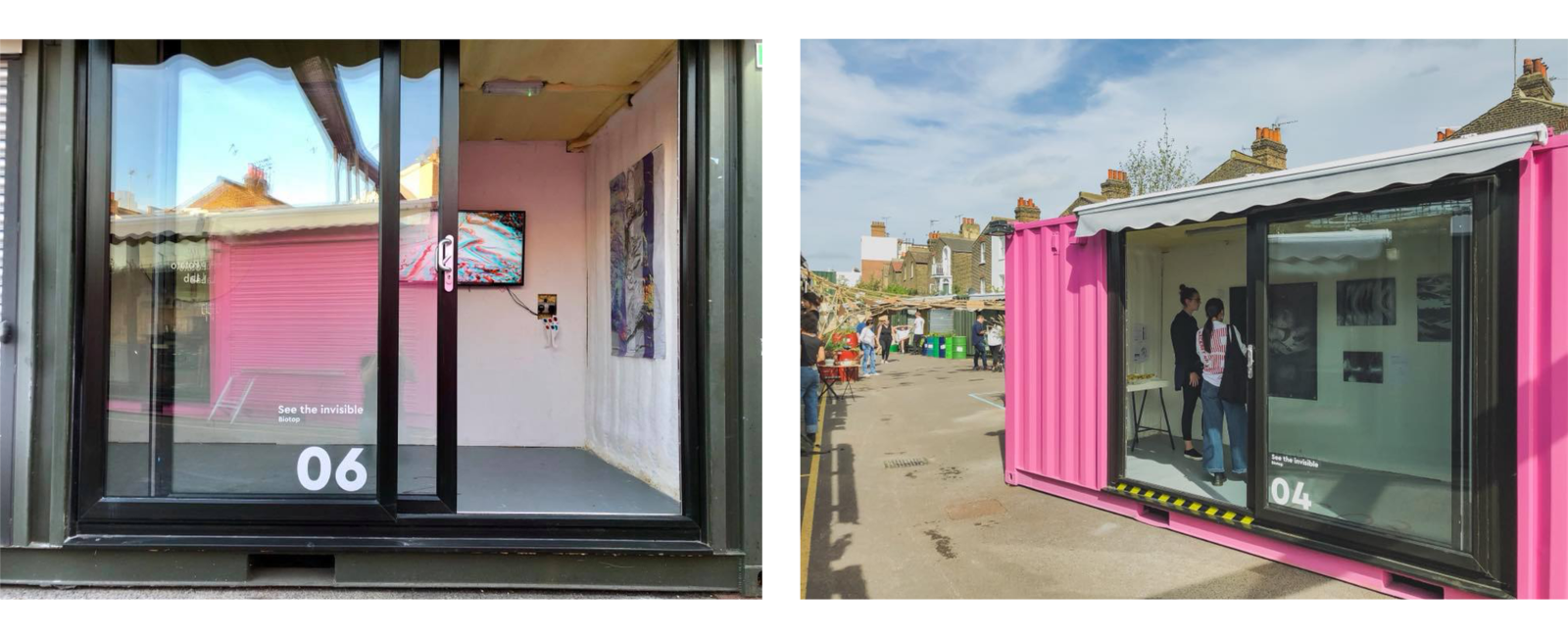
In addition, we conducted workshops in the Open Cell container lab that we designed the interior layout for and helped build back in May. Together with visitors, we made cheese and extracted DNA from strawberries. These activities are relatively simple and do not require much specialised equipment, but served as a conversation starter for a really engaging discussion on topics such as genome engineering and tools that can be used for editing DNA, genetically modified foods, and research ethics. Thanks everyone who participated!
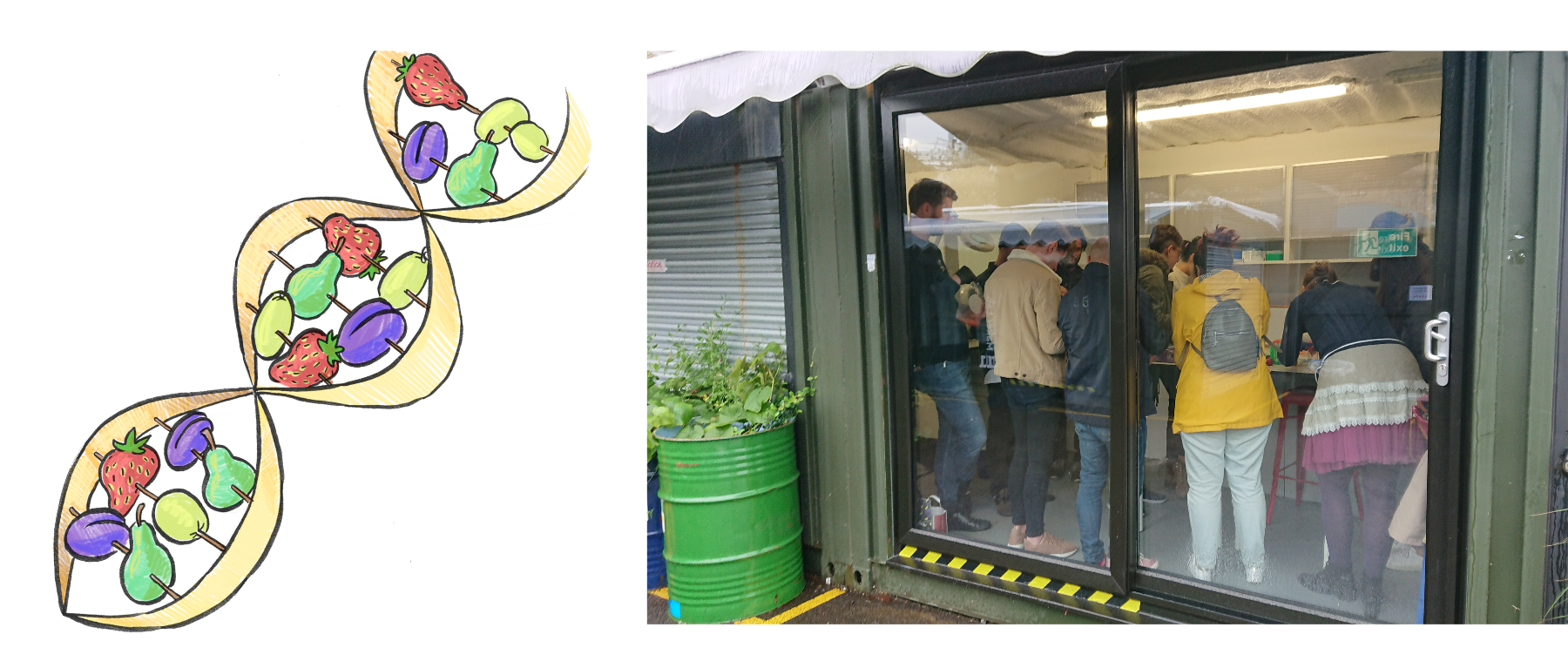

We had a great time at the London Design Festival. It was nice to hear that the container lab is now being used on a daily basis by the people who permanently work at OpenCell. One of the permanent residents whose project we find particularly exciting are Chip[s] Board; they turn potato waste into useful (building) materials with different properties. If you are interested in what else is going on at OpenCell, check out their website and read this recent article published in the Observer.
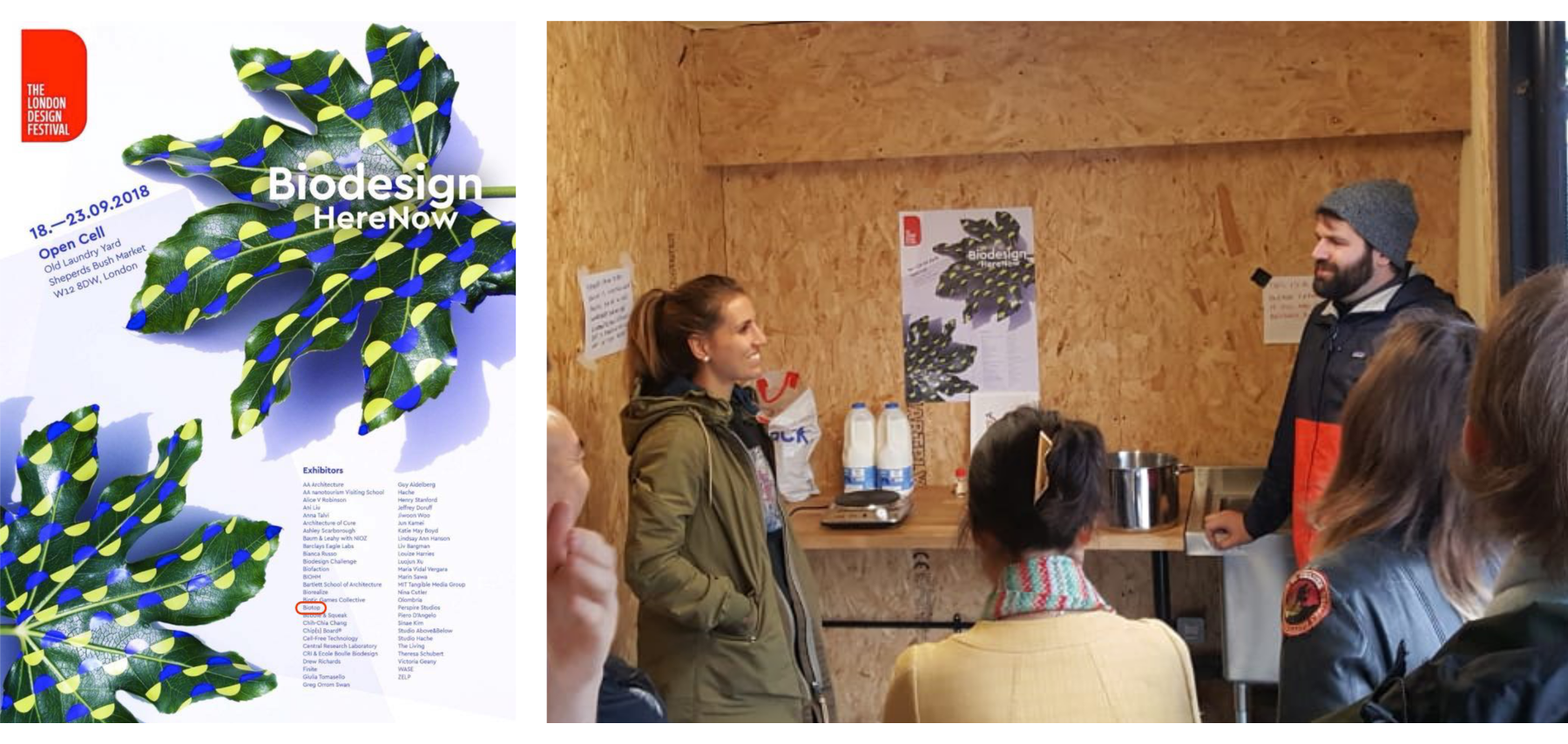
In addition to the permanent residents' work, lots of other interesting projects were on display during Biodesign Here Now. In particular, we would like to mention:
-
Newcotiana, an EU-funded consortium that explores the use of tobacco plants for production of substances needed for medicine or cosmetics. Particularly exciting to us is the potential for multiplexing, i.e. to derive multiple desired substances from the same plant. For example, it should be possible to have one plant produce antibodies that could be used in vaccines as well as oils for cosmetics - these two could easily be separated during the extraction process as the former is water-soluble whereas the latter is not.
-
GMO Detective, a project aimed at educating the general public about genetically modified foods and empower them to conduct simple tests to find out whether food has been modified using one of the commonly used methods.
-
The Biotic Games Collective who presented games such as Mould Rush that try to bring together the biological and the digital and create computer games driven by living microorganisms.
Photos: Ralf Bliem, Anna Ritscher, Lukas Hutter, Anna Köferle
